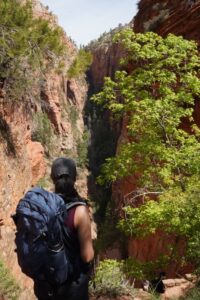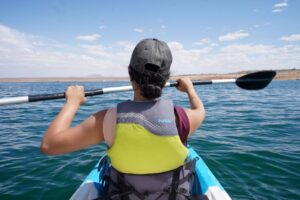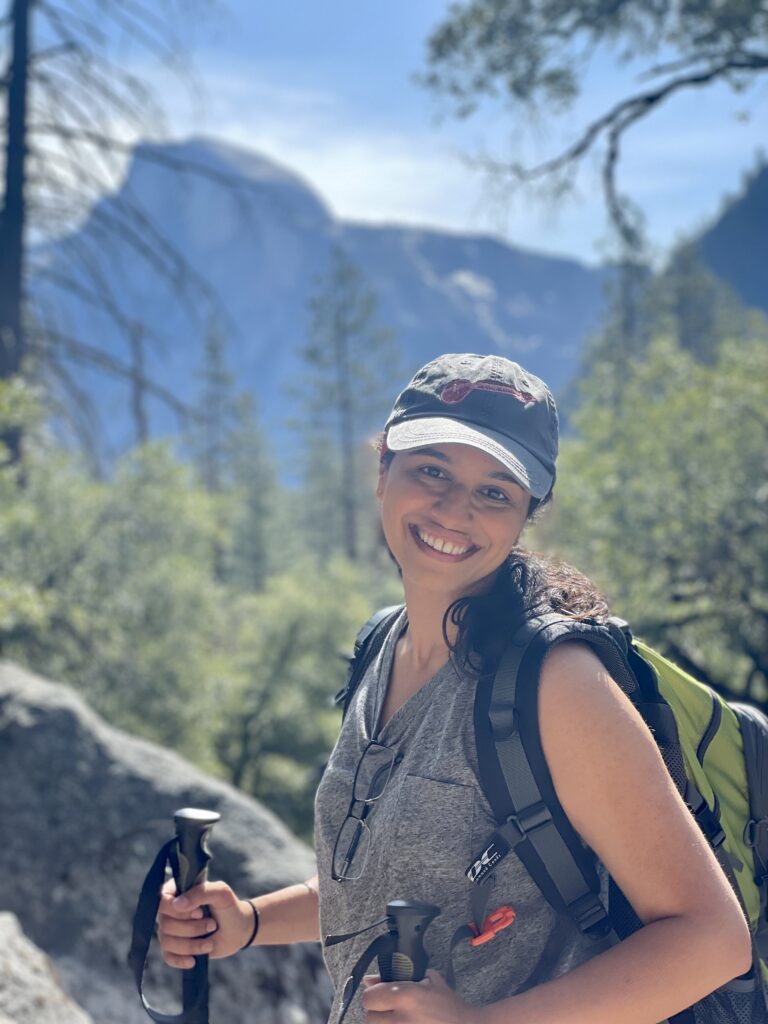A Profile in Giving: Gurbani Singh
For many, playing sports in our youth offers some of our first and fondest memories of the outdoors. And then there are others, who though they participated in athletics, find their path to nature later in life.
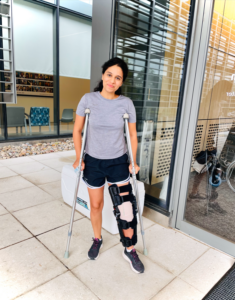
Born and raised in Baltimore, Gurbani Singh enjoyed recreational sports until her first knee dislocation at the age of eleven. Over the years, knee dislocations would continue to occur, creating a situation in which Gurbani found herself removed from outdoor activities much of the time. With perseverance and determination, she would reverse this course just a year ago.
After successful reconstructive knee surgery in 2022, Gurbani made a commitment to herself and her recovery with a very specific goal: to summit Mount Rainer. 



“I love being able to climb mountains, get to its peak. I love the journey to that. I’ve done backpacking trips, but before surgery, could never reach the summit.”
After the first six months post-surgery, Gurbani trained for 10 hours per week to rebuild her strength, stamina and agility. To summit a peak, you must carry 40 lbs. of gear on your back. Every week, Gurbani would shoulder her pack and trek through Rock Creek Park and high-elevation trails with her dog.
“In those 6 months, I spent more time in nature than I can recall before then. Time outside, time on trails, the importance of having access to nature to train—pretty sure it expediated my recovery. It brought me closer to nature. I’ve seen the difference nature made in my mental and physical health by being active outdoors.”
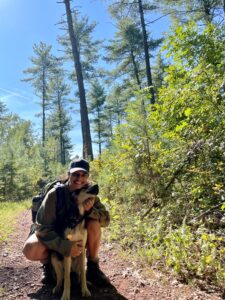
Today, Gurbani enjoys a pattern of exercising outdoors, rather than in a gym, including hiking and biking. And she continues to train for her summit of Mount Rainer scheduled for 2024.
Even before 2022, Gurbani sought to summit mountains and bridge nature and health through her career.
As an undergraduate, she targeted healthcare as her career goal and found her passion within values-based care, a delivery framework where healthcare providers are incentivized to focus on quality of services rendered to reduce costs. Following that passion, Gurbani has impacted healthcare in many areas, ranging from Medicaid to Medicare and from private healthcare for median to low-income people.
“I was drawn to our healthcare system because there’s no shortage of complexity to it. I really started to love the work that bridges healthcare and the environment together, in particular, health equity for low-income communities to benefit from care models that support not only their medical conditions but also their living environment. If we don’t have a healthy environment, we can’t have healthy people.”
Gurbani shared her observation that there is untapped potential for the healthcare system at-large to invest in more innovative care models like creating green spaces, not only on their campuses but also in the communities they serve.
Building on Nature Sacred’s report correlating healthcare costs on staff burnout to investing in green space, Gurbani offered her perspective on the addition of a garden versus a Nature Sacred space:
“Nature Sacred spaces are a garden plus a park plus a recreation area plus a community gathering center—all in one. They are welcoming green spaces, serving as a gathering place for people to foster interactions and moments in nature and with each other. This is what a Nature Sacred space can bring to a campus: community cohesion through welcoming green spaces.”
As she looks to the future—in her career, her Mount Rainer trek and in life, Bani seeks out the bridges and the joy.
“Developing solutions like the ones at Nature Sacred, where we are creating spaces that represent the communities and offer diverse solutions for addressing environmental health, personal health – physical, mental and behavioral – and social connection, is essential right now because of the circumstances we live in. Nature Sacred provides a window for people to experience the small moments of joy that we are all seeking while trying to meet the demands of the day.”
